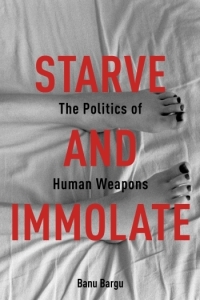This long overdue episode brings James, B, and John together for a discussion of Robin James’s most recent book, The Sonic Episteme: Acoustic Resonance, Neoliberalism, and Biopolitics, focusing on the Introduction and Chap. 1. The AAP team starts with a reparative approach to the text’s central set of questions. What is the qualitative side to neoliberalism’s quantitative, rationalizing regime of knowledge? How does music and its study anticipate and, by dint of metaphor, reproduce the neoliberal mathesis? How does the sonic actually enable the subordination of historically marginalized groups?
To these questions the team has many varied but passionate responses. Some include questions about the book’s large, diffuse archive to question its central critique about capitalism and sound. Others explore the totalizing thematic of “neoliberalism” and its usefulness in discussing pop music, representation, and race, as in the book’s reading of Taylor Swift’s financialized neoliberal whiteness. But all invite listeners to ponder the political consequences of the text’s emphasis on music’s power to alter the allegories theorists use to tell stories about the world we share.
Thanks to Patreon supporter Roddy for the request to read R. James. Requests for texts for us to discuss? Dreams for us to interpret? Advice questions for us to answer? Email us at alwaysalreadypodcast AT gmail DOT com. Subscribe on iTunes. Follow us on Twitter. Like our Facebook page. RSS feed here. Thanks to Bad Infinity for the intro music, “Post Digital,” from their album FutureCommons; always already thanks to B for the outro music. For the mp3 of the episode click here.
Links:
- Find her book here, from Duke UP
- Robin James: website; essays at the Sounding Out! sound studies blog; on Twitter
- A review and discussion of the book at e-flux
- Eve Kosofky Sedgwick’s essay on paranoid and reparative reading (and our AAP discussion of Sedgwick)
- Relevant texts and scholar-artists: Christina Sharpe’s In the Wake; Ashon Crawley; Jonathan Sterne’s MP3: The Meaning of a Format
- AAP throwback episode on Foucault, neoliberalism, and race








